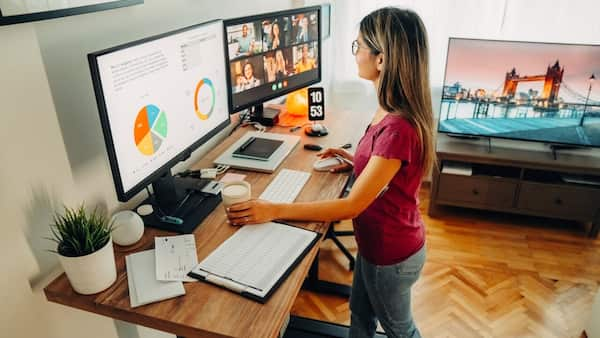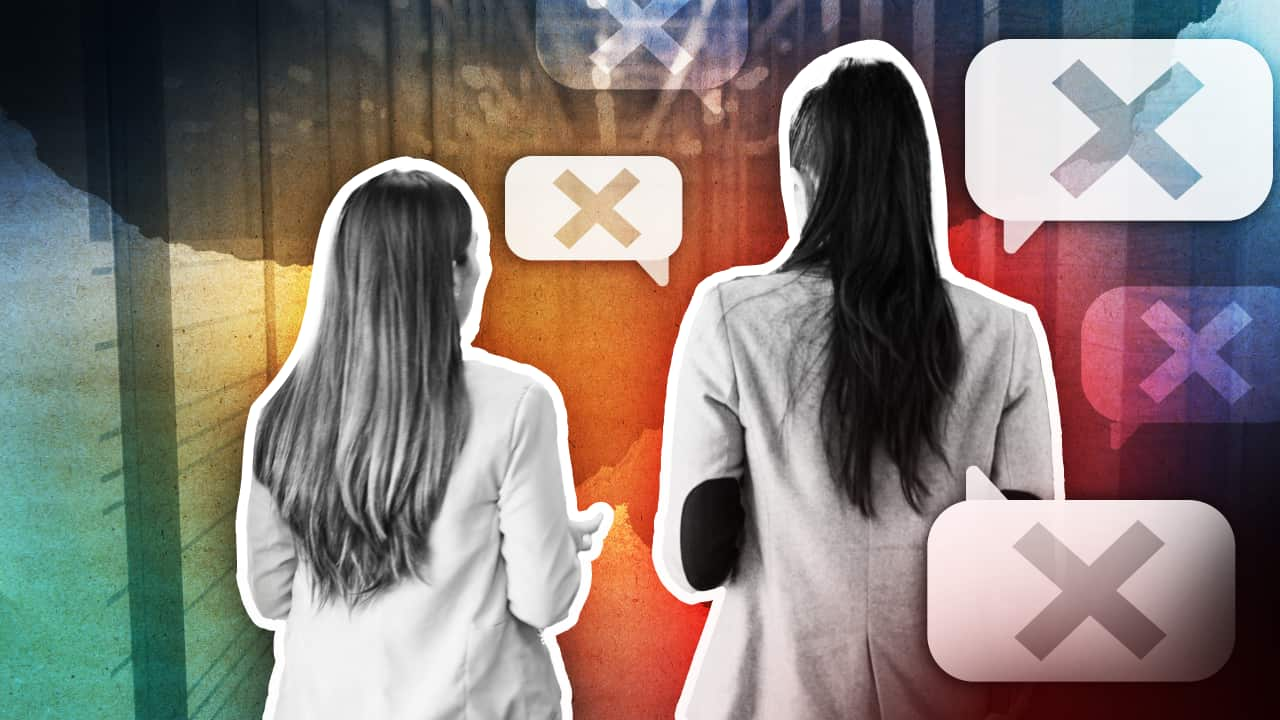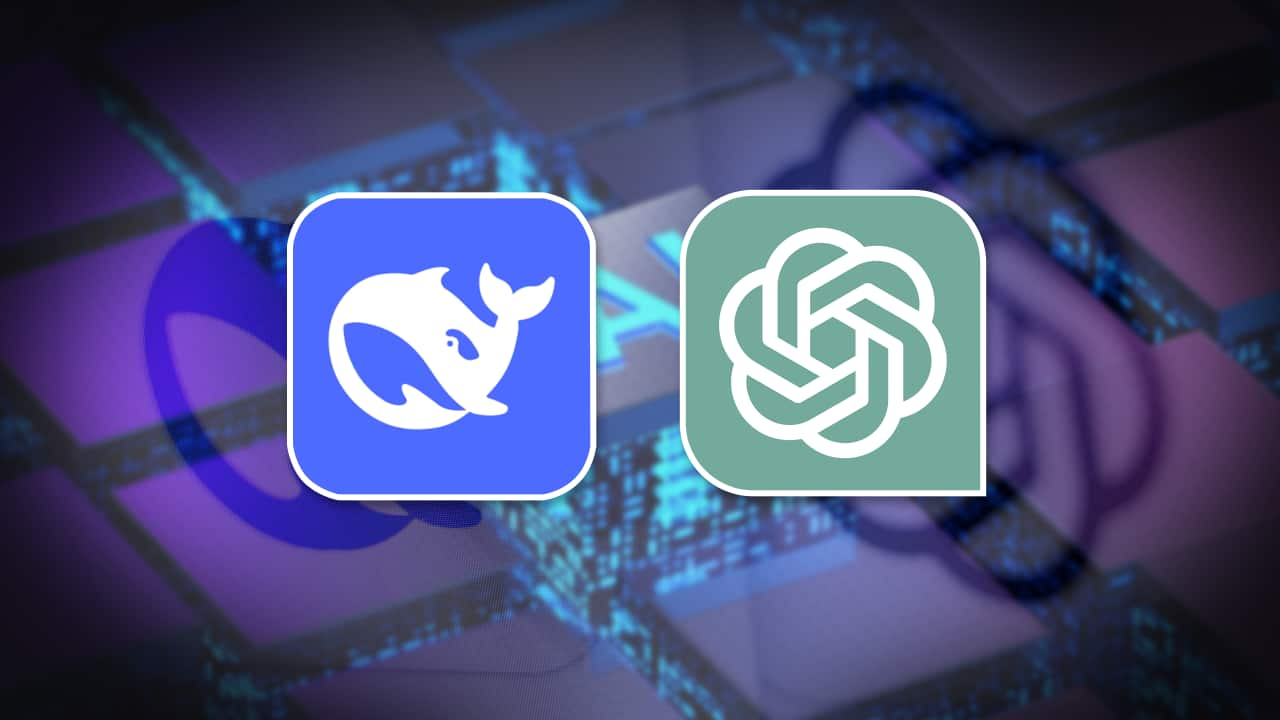For Farid (not his real name), every notification that flashes on his screen while he's at work reinforces an "extreme stress".
"[The notifications] were very annoying ... When I tried to focus on my task, they broke my focus and I had to jump to another task, even if it was just reading the first sentence of the notifications," he said.
"Being distracted is not a good reason to give to your manager ... So I always try my best to finish my work, even if that sometimes means staying [on] after hours."
That is why the IT engineer has chosen to disable notifications on his work device.
'Constantly bombarded'
Farid is among many Australian workers who have similar experiences every day, according to Microsoft's annual Work Trend Index.
It found, during a typical 9-to-5 workday, employees are interrupted every two minutes by "meetings, emails, or pings", averaging 275 interruptions a day.
The recent report is based on data from 31,000 workers across 31 countries, including 1,000 from Australia.
LISTEN TO

Report finds Australians want more flexible work arrangements
SBS News
05:25
Herman Tse, professor of Leadership and Organisational Behaviour at Monash University, said: "constant emails, instant messengers, meetings, and live streams" are the main sources of distraction.
"They're constantly bombarded by these kinds of instant demands from different sources: boss, peers, subordinates, requests and everything," he told SBS News.
"Constant disruptions or distractions [will] reduce our cognitive attention ... The more these kinds of situations happen, the less likely we are to concentrate deeply on our work."
The Microsoft report shows that in Australia, nearly half (47 per cent) of bosses are asking employees to do more, while almost 80 per cent of employees say they lack "the time or energy to keep up".
This is what Microsoft's head of modern work, Lucy Debono, describes as a "capacity gap".
"Essentially, we're not running out of work to do, but potentially we're running out of human capacity to do it," she told SBS News.

How to maintain your focus
There are several traditional solutions to help workers stay focused and deal with the 'capacity gap'.
Tse suggests that office workers "don't attend redundant meetings" all the time, and could shift from "time management to attention management".
"Try to block 90 minutes every morning, maybe from 9am to 10.30am — this is what we call the focus time. During this window, turn off the notifications of any digital devices and delegate the routine.
"Without a clear structure of what I call a compass, an internal compass to focus on attention rather than only on time management, people will feel more fatigued."
However, the modern-day workplace has access to new techniques to handle work distractions and improve efficiency.
Enter artificial intelligence (AI).
The AI 'thought partner'
These methods are used in "frontier firms," companies that work based on human and AI teams.
"AI can help to bridge this capacity gap," Debono said.
"Turning to AI as that thought partner, like you would talk to a colleague, a friend, a teammate, that's where you start to get the real sort of value and return from an interaction.
"Asking an AI [agent] to help organise your day, to summarise your emails, to prioritise your tasks, really helps you to stay much more focused on what you need to deliver and not to get distracted."
Rise of the 'agent boss'
The Microsoft research shows that 40 per cent of employees in Australia use AI as a thought partner, which is 12 per cent less than the average in Asia-Pacific countries.
According to Microsoft, AI agents are an AI-powered system that can reason, plan and act to complete tasks or entire workflows autonomously, with human oversight at key moments.
The Work Trend Index report predicts that in future, we will "see the rise of the agent boss — someone who builds, delegates to, and manages [AI] agents to amplify their impact".
Debono said: "The research tells us that many leaders today see agents as a means to address the issue and help reduce the level of distraction in various ways.
"What we see from this research is where human and agent teams come together, that's where we're going to have the most impact, the highest efficiency and human skills."
'Replaced by AI sooner rather than later'
The Microsoft report also shows that 40 per cent of business leaders report they are already using AI agents to fully automate their workstreams. Seventy-five per cent say they will use these agents in the next 12 to 18 months.
However, a significant number of people say they don't trust using AI.
A 2023 study by the University of Queensland found that only 34 per cent of Australians are willing to trust AI.
"[Australian companies] are not [at] that forefront right now ... They're still concerned about whether they should trust AI [and] whether [it] will expose their information and will put them into danger," Tse said.
"They still have a strong, what we call, psychosocial risk. That means wherever they rely more on AI, they show their employees that the human value of a job becomes less important.
"They'd be afraid that they were more likely to be replaced by AI sooner rather than later."






